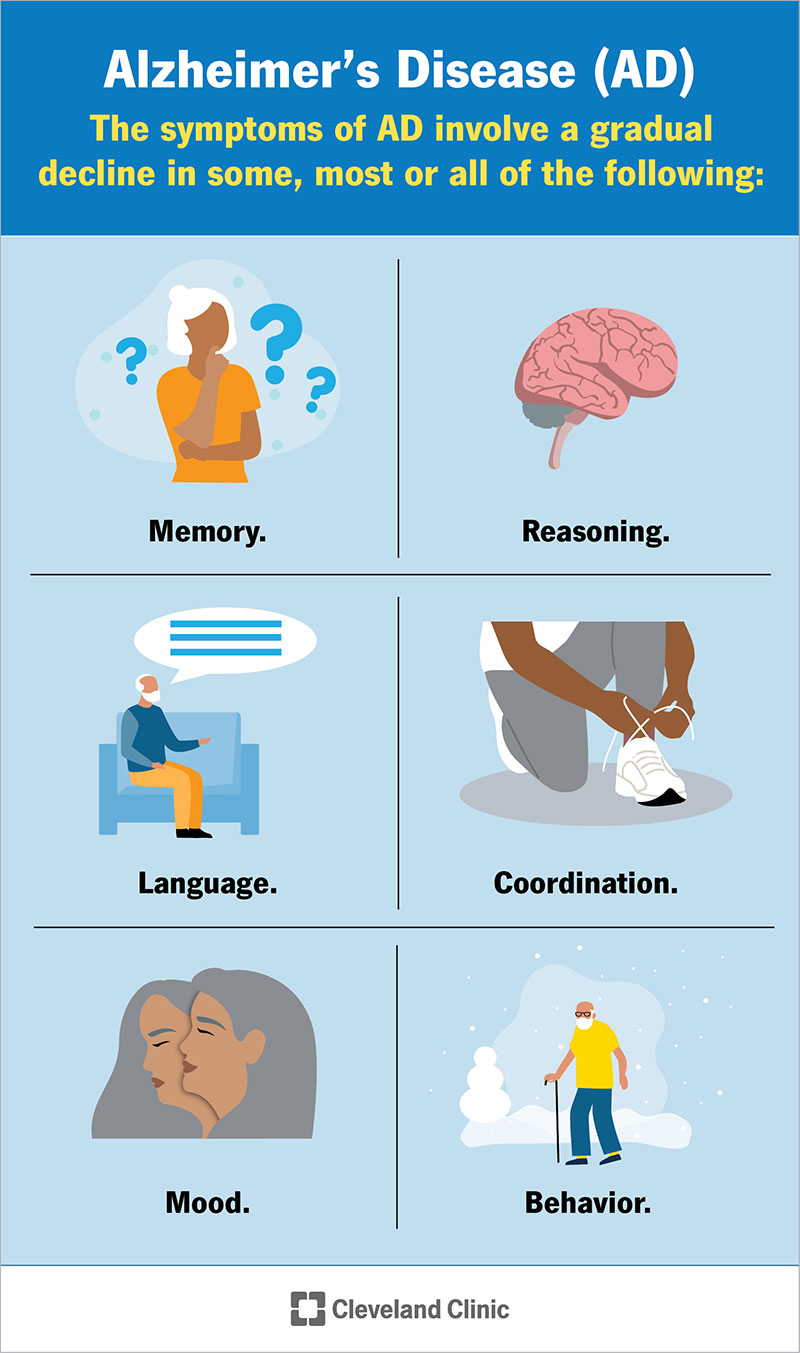Alzheimer's Disease: Definition, Causes, Symptoms, and Treatment Options
Understanding Alzheimer’s Disease: A concise explanation of Alzheimer’s disease for individuals without a medical background, including its definition, primary symptoms, and causes.
Understanding Alzheimer’s Disease: A Comprehensive Guide
Imagine waking up one morning, only to realize you can’t quite recall where you are or how you got there. You try to remember your daily routine, but the details seem foggy. For many, this scenario is a harsh reality, thanks to Alzheimer’s disease, a condition that affects over 47 million people worldwide. As we navigate the complexities of this condition, it’s essential to grasp its definition, primary symptoms, and underlying causes.
What is Alzheimer’s Disease?
Alzheimer’s disease is a progressive, irreversible brain disorder that affects memory, thinking, and behavior. It accounts for 60-80% of all dementia cases and is named after German psychiatrist Alois Alzheimer, who first described it in 1906. Age is the greatest risk factor, although early-onset Alzheimer’s, affecting those under 65, accounts for about 5% of cases.
Primary Symptoms: More than Just Memory Loss
While memory loss is a hallmark symptom of Alzheimer’s, the condition’s impact extends far beyond forgetfulness. Early symptoms may include:
- Difficulty with problem-solving and decision-making
- Struggling to complete familiar tasks
- Disorientation in time and space
- Trouble finding the right words
- Withdrawal from social activities
As Alzheimer’s advances, symptoms worsen, leading to significant confusion and misunderstandings, increased anxiety and agitation, and compulsive behaviors.
Causes and Risk Factors: Unraveling the Complexity
Research suggests Alzheimer’s disease is caused by an interplay between genetic, environmental, and lifestyle factors. Established risk factors include age, family history, low educational level, cardiovascular health, and traumatic brain injury. Despite extensive research, a definitive cause remains elusive, but abnormal brain tangles and beta-amyloid plaque accumulation play crucial roles.
By grasping the essence of Alzheimer’s disease and its far-reaching effects, we foster empathy for those impacted and inch closer to effective treatments.

What is Alzheimer’s Disease and Its History
Alzheimer’s disease has puzzled researchers for over a century, leading to significant impacts on families and the healthcare system.
A Brief History of Alzheimer’s Disease
Discovered in 1906 by Alois Alzheimer, the disease features beta-amyloid plaques and neurofibrillary tangles. This pioneering work laid the foundation for understanding Alzheimer’s.
Current Research and Developments
Despite significant advances in understanding Alzheimer’s disease, much remains to be discovered. Current research focuses on developing biomarkers, immunotherapy targeting beta-amyloid, and exploring lifestyle interventions.
Risk Factors and Preventive Measures
Several lifestyle factors can be modified to reduce the risk of developing Alzheimer’s disease. Regular exercise, social engagement, a healthy diet, and stress management can positively impact cognitive health.
Stages of Alzheimer’s Disease
Alzheimer’s disease progresses through distinct stages, each presenting unique challenges. Early-stage symptoms include mild cognitive impairment, while late-stage involves severe cognitive decline and loss of autonomy.
Key Research and Statistics
Alzheimer’s disease is the most common form of dementia, affecting millions worldwide. As funding for research grows, promising discoveries, particularly in immunotherapy and lifestyle interventions, unfold.
Diagnosis and Treatment Options
An early Alzheimer’s diagnosis can significantly impact the disease's progression and management. Diagnostic tests like the Mini-Mental State Examination (MMSE) and MRI are crucial, supported by medications and non-pharmacological interventions.
Impact on Mental Health and Daily Life
Alzheimer's affects both individuals and caregivers emotionally, leading to challenges in daily life and social interactions. Caregiver support is vital for overall well-being.
Living with Alzheimer’s Disease
There are resources for individuals living with Alzheimer’s, including daily care strategies and support networks like the GoblinX app, which provides tools to manage anxiety and ADHD, aiding in coping with daily challenges.
Important Sources
| What is Alzheimer's Disease? Symptoms & Causes |
| Alzheimer’s Disease: Causes, Symptoms, Treatment |
| Alzheimer's Disease Fact Sheet | National Institute on Aging |
| Alzheimer's disease - Wikipedia |